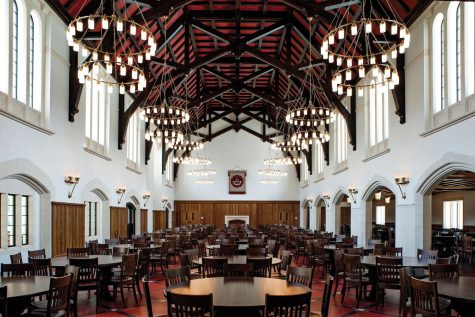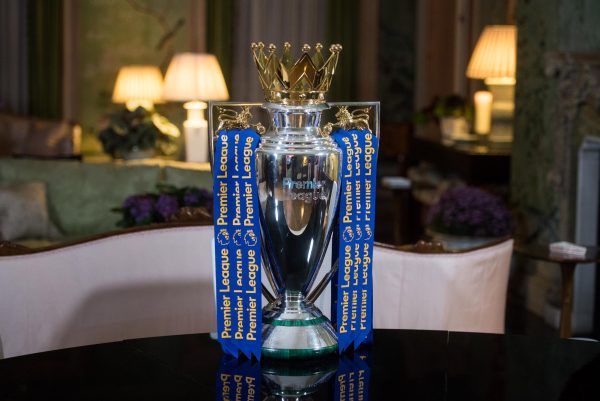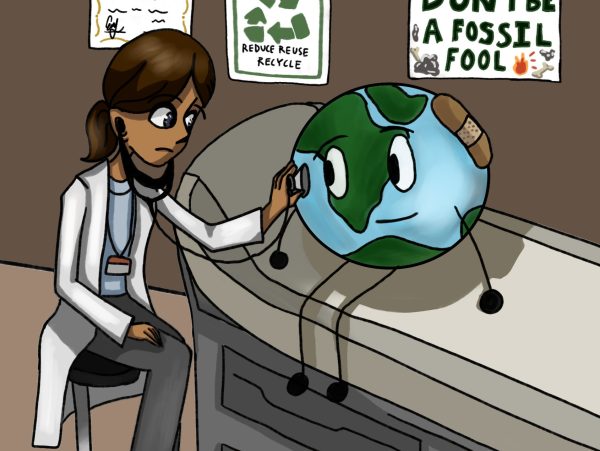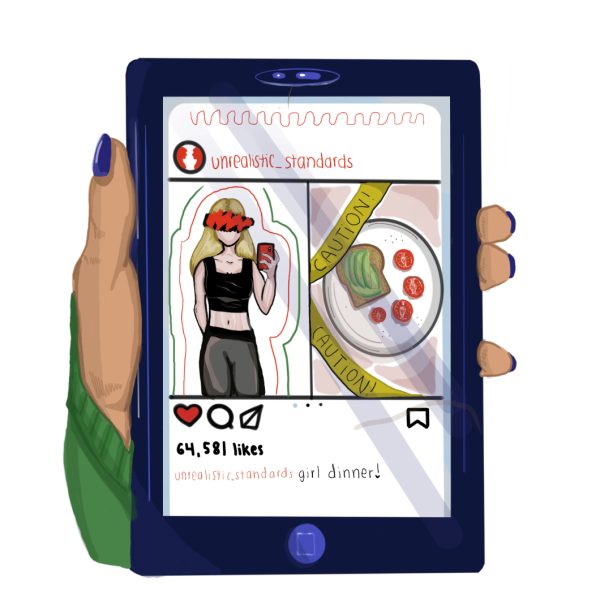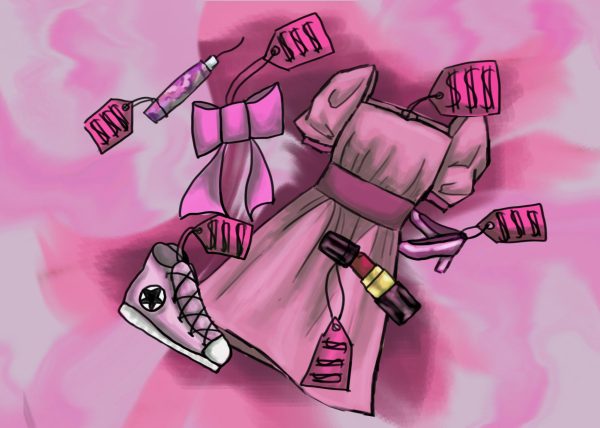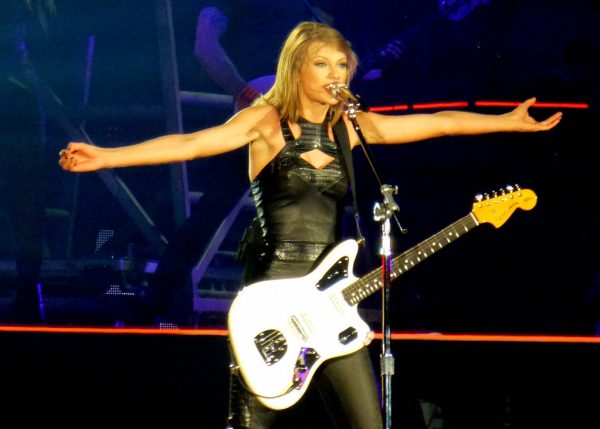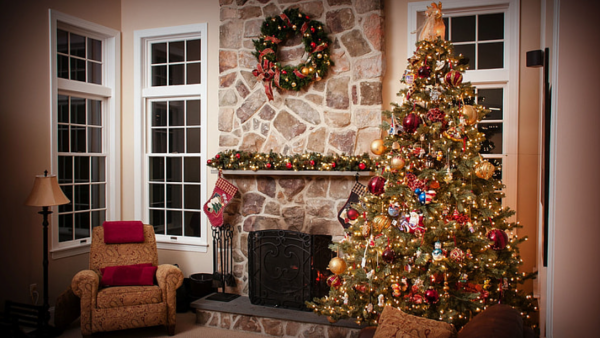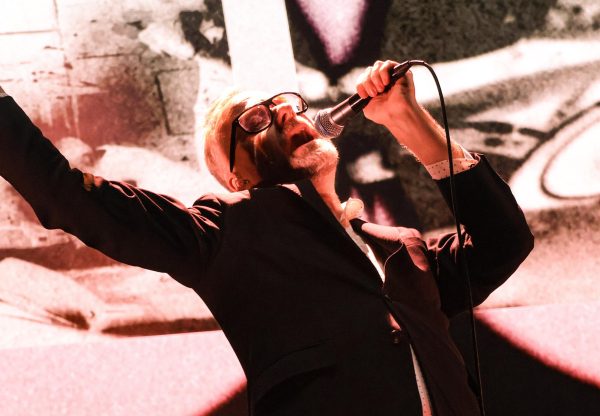Join the club: How extracurriculars enhance high school experience
The representative from Nigeria stood up, glanced at the moderator and straightened his tie. Holding his outline in front of him, he solemnly addressed the room. As he spoke, other delegates recorded his ideas in legal pads and notebooks. After his minute-long speech, he answered five questions posed by his fellow delegates and yielded the floor to the next speaker.
While the Houston Area Model United Nations conference on Jan. 24 and 25 was the first time I’d participated in Model UN, this brief five-minute scene felt strangely familiar to me. I was missing school for this conference, but I suddenly felt like I was back in the classroom.
Model UN was one of the many clubs I signed up for during Club Fair in September. As I began to prepare for the conference, I realized I was in way over my head. My task was to propose a solution to the Chinese government’s racial profiling of the Uighur ethnic minority – a century long ethnic crisis – while also maintaining diplomatic relationships with foreign countries. Though I initially had no idea how to tackle such a daunting task, I soon realized that I had learned several skills in school that could help.
In history class, I’d thoroughly researched global issues. In Latin, I’d critically analyzed questions involving confusing grammar rules. In math, I’d learned to evaluate the practicality of solutions. In English, I’d practiced articulating ideas. I enjoy all of my classes. Once I understood the application of what I’d learned to Model UN, I behaved as if I were participating in a class discussion about the Uighur ethnic group.
Participating in clubs may foster a deeper appreciation for what you’ve learned in class after applying the knowledge to club activities. It may also create a passion for participating in the club you’ve signed up for.
Another club that piqued my interest during Club Fair was the Science Olympiad team. I traveled to Boston in early January for the annual MIT Science Olympiad competition. As a freshman, I knew my chance of participating in events was small since the upperclassmen would be prioritized. When I learned I’d been assigned to a trial event, I was ecstatic — I could spend my time in Boston productively and could feel like I contributed to the team.
Then, I actually read the name of my trial event I had been assigned to: Biophysics. What in the world was biophysics? I haven’t even finished learning about biology, and I don’t know anything about physics! Now I had to combine them? I then heard the test required an advanced knowledge of calculus. At that point in my day, I seriously reconsidered why I’d signed up for Science Olympiad.
I’d never participated in Science Olympiad before high school, so I wasn’t surprised when I couldn’t even solve half of the 17-page test. However, I was still able to solve a decent amount of questions. One such question, which asked me to optimize protein folding in the human body, directly drew on concepts I’d learned in math and biology the previous month. One problem solved, 100 to go.
After the Science Olympiad competition, I returned home wanting to learn more and become better at my event. I’d found a very cool way to apply what I’d learned in school.
Science Olympiad represents only one of countless possible clubs, and I believe students should pursue their academic and extracurricular interests through these organizations.
Finally, for those with even the slightest interest in participating in clubs, getting involved in clubs also allows you to meet a brilliant community of fellow students who share your passions. When I first stepped into the room of my 70-member Model UN committee, I was overwhelmed by the sheer number of participants in the event. But as our committee discussed possible plans and resolutions, I realized that the upperclassmen were actually very accepting of everyone’s ideas.
During each meal of the conference, committee members sat with a few of the freshmen and sophomores, taking the time to both propose ideas for the upcoming committee discussions and to offer advice on how to improve our speeches in Model UN. Without such positive reception, my first Model UN experience would not have been nearly as enjoyable. They taught me how to do well in the activity.
For those debating over whether or not to participate in a club, I wholeheartedly agree that completing schoolwork, having a social life and participating in other extracurricular activities may factor into one’s choice. Investing time in a new club can be nerve-wracking, especially if you’re new to the activity, but know that there’s going to be friendly people who help you along the way. There’s going to be a way you can use what you’ve learned at school to improve your performance in a club or activity, and there’s the chance that you might fall in love with what you’ve signed up for.
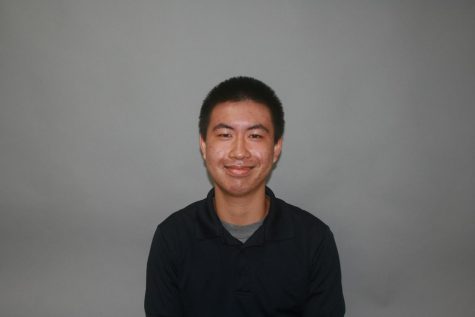
Russell is a senior in his fourth year on Review. He's a milk tea fanatic, and whenever he's not writing or editing, he most enjoys running, eating, sleeping,...



